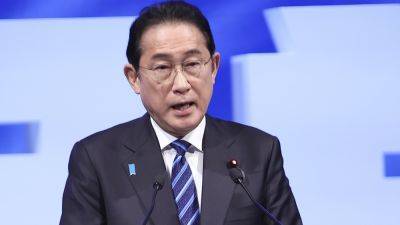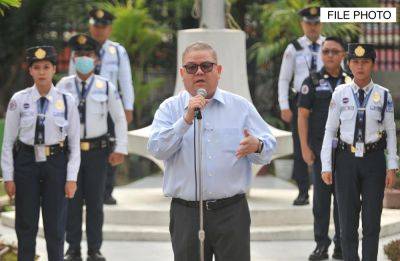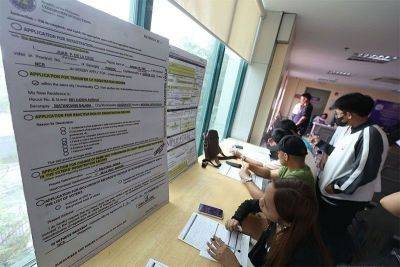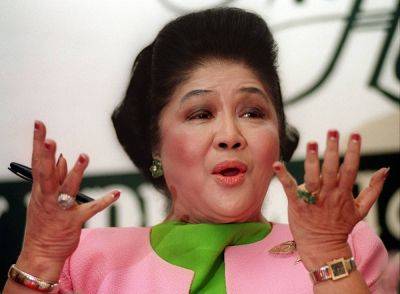Philippines’ Marcos Floats 2025 Vote on Constitutional Reform: What to Know | TIME
President Ferdinand “Bongbong” Marcos Jr.—the son and namesake of the Philippines’ late dictator—has floated the idea of holding a national vote to amend the Southeast Asian country’s constitution at the same time as its upcoming midterm elections in 2025.
“If possible, we can have the plebiscite in the local elections to be held in May next year,” he told reporters just as he was about to depart for a state visit to Australia Wednesday. “That will be a huge deal, that will save us so much, so that’s why we’re studying it.”
Constitutional amendments, commonly referred to as “Cha-Cha” for charter change, have been a sensitive topic in the country of 110 million, especially since Marcos Sr. had amended the constitution to prolong his rule from what was then supposed to be a limit of two terms of four years each to two decades from 1965 to 1986, during which he oversaw scores of human rights abuses, extrajudicial killings, and rampant corruption.
A new constitution was introduced in 1987 after Marcos Sr. was ousted in a popular revolution in 1986, and it hasn’t been amended since.
But the younger Marcos, who was elected President in 2022, has recently pushed for revisions he says are necessary to accommodate greater foreign investment and help boost the development of one of Asia’s fastest growing economies. Marcos Jr. told local broadcast outlet GMA News that the Philippines’ current constitution “was not written for a globalized world.”
The Philippines has a reputation of having some of the toughest policies on foreign investment in Asia. The country’s charter limits foreign ownership across industries—with a general rule of no more than 40%. It also forbids foreign equity in mass media, as evidenced by a case lodged against news site Rappler and its founder Maria Ressa, who received the Nobel Peace Prize in 2021 for her democracy advocacy.
Lawmakers have passed several laws that would ease such restrictions and open the Philippines up to more foreign investors, though these laws have been the subject of debate for their constitutionality.
There are three ways to propose an amendment to the Philippine constitution: ¾ of Congress members from each legislative







